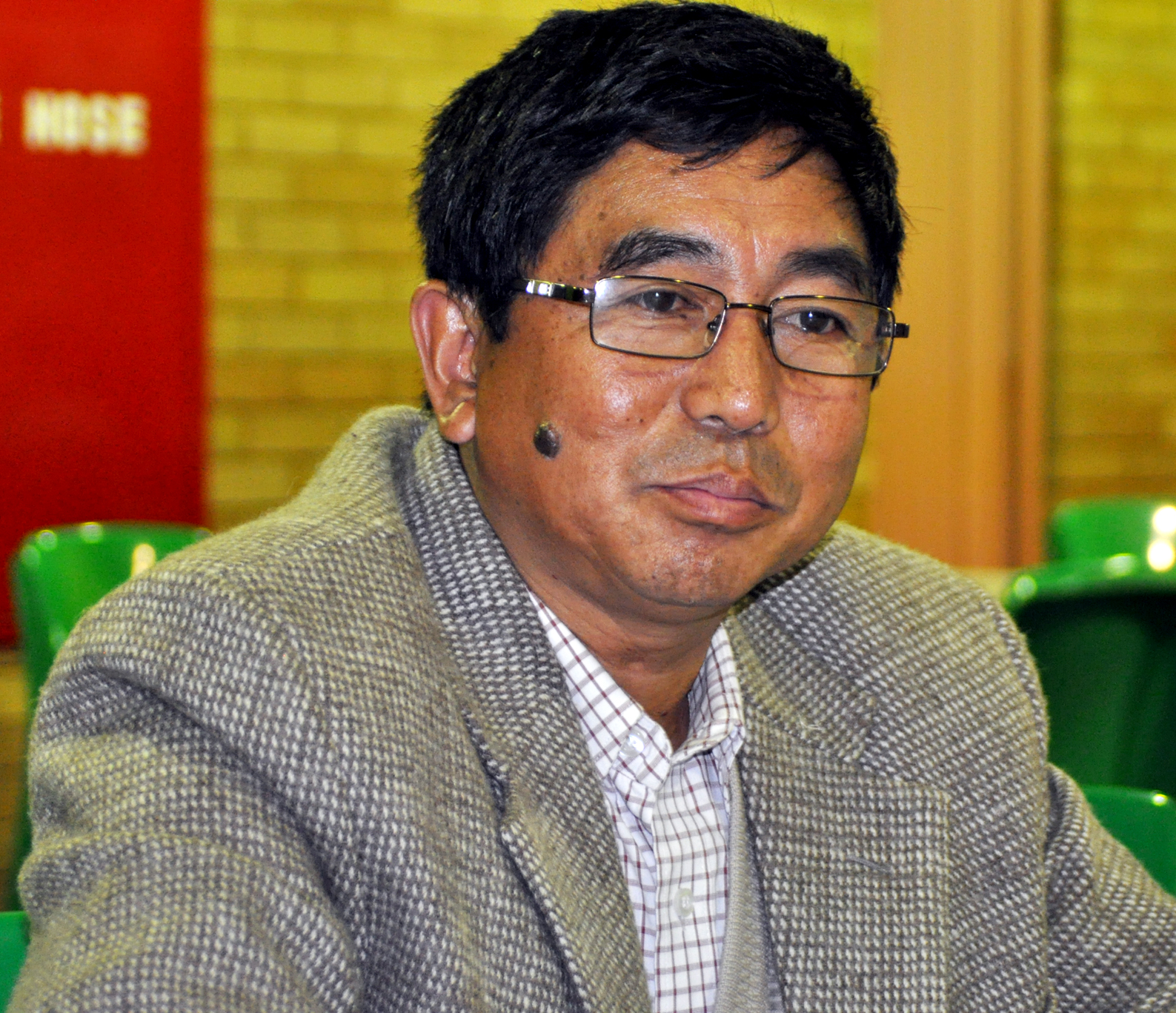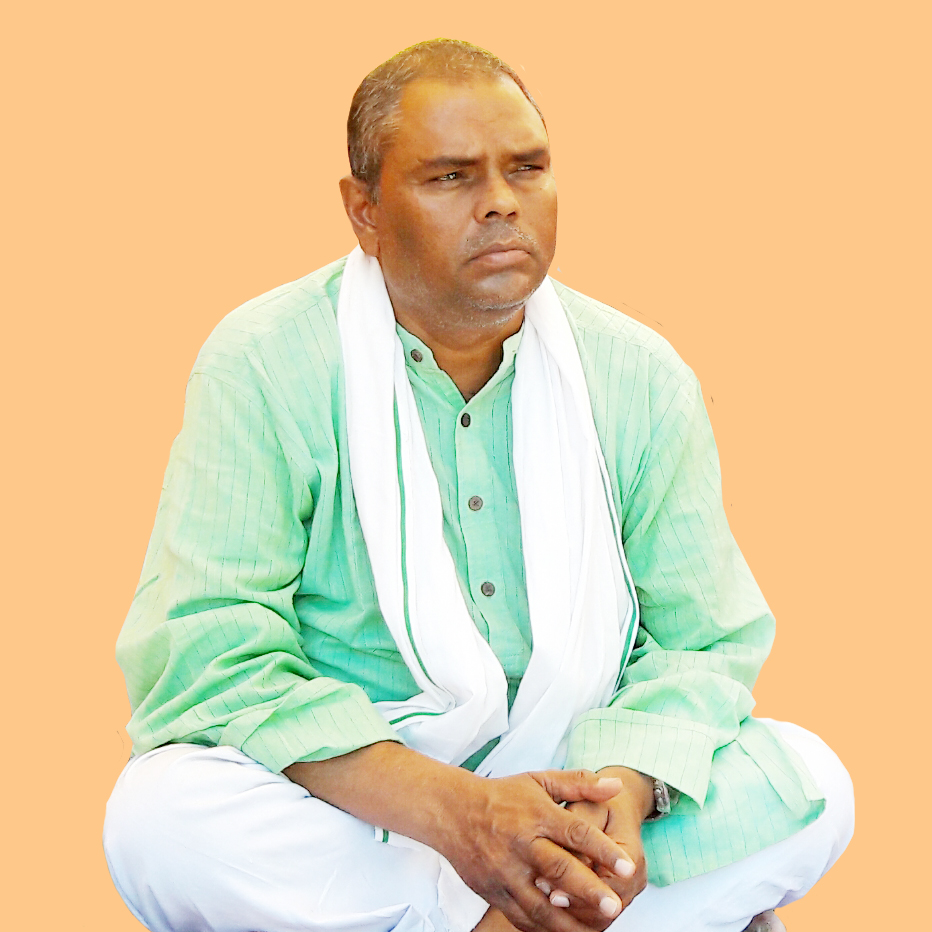Federal Socialist Forum, Nepal on:
[Wikipedia]
[Google]
[Amazon]
The Federal Socialist Forum, Nepal (;
 The party in its manifesto has expressed support for identity-based
The party in its manifesto has expressed support for identity-based

abbreviated
An abbreviation () is a shortened form of a word or phrase, by any method including shortening, contraction, initialism (which includes acronym), or crasis. An abbreviation may be a shortened form of a word, usually ended with a trailing per ...
FSFN) was a democratic socialist
Democratic socialism is a left-wing economic and political philosophy that supports political democracy and some form of a socially owned economy, with a particular emphasis on economic democracy, workplace democracy, and workers' self-mana ...
political party in Nepal. The party came into being on 15 June 2015 with the merger of the Madhesi Jana Adhikar Forum, Nepal, the Federal Socialist Party Nepal and the Khas Samabeshi Party. On 6 May 2019, the party merged with Naya Shakti Party, Nepal to form Samajbadi Party, Nepal.
History
Foundation
On 14 June 2015 the Madhesi Jana Adhikar Forum, Nepal, the Federal Socialist Party Nepal and the Khas Samabeshi Party announced that they were to merge on 15 June 2015 to intensify their efforts to revive the fast “fading” Madhesi and Janajati movement in the country. The party was formed with Upendra Yadav and Rajendra Shrestha as co-chairs and Ashok Rai as the parliamentary party leader. The new party had a total strength of 15 in the Constituent Assembly of Nepal following the merger (10 from MJF-N and 5 from FSPN). On 19 June 2017, Sarita Giri-led Nepal Sadbhawana Party decided to merge with the party.Local elections
On 27 February, the party announced that it would be participating in the first phase of the local elections to be held on May 14, going back on their previous decision to not participate until the constitution was amended. They also announced an alliance with Naya Shakti Party, Nepal led by formerPrime Minister
A prime minister or chief of cabinet is the head of the cabinet and the leader of the ministers in the executive branch of government, often in a parliamentary or semi-presidential system. A prime minister is not the head of state, but r ...
Baburam Bhattarai, announcing that they would field common candidates and share the same electoral symbol in the upcoming elections. Following this decision party co-chair Upendra Yadav was removed as head of the Federal Alliance and the party was removed from the alliance. The party did not win any seats in the first of the local elections. In the second phase of the election however, 382 candidates from the party were elected, including 8 in mayoral posts.
The party broke its alliance with Naya Shakti before the third phase of the elections after failing to merge the two parties. 1,057 candidates from the party were elected, the party won in 26 mayoral posts including a win in Birgunj.
Legislative and provincial elections
The party announced an alliance with Rastriya Janata Party, Nepal before the elections. The party won 16 seats to theHouse of Representatives
House of Representatives is the name of legislative bodies in many countries and sub-national entities. In many countries, the House of Representatives is the lower house of a bicameral legislature, with the corresponding upper house often ...
and finished with the fifth highest vote count in proportional representation. The party was one of five parties to be declared "national parties".
In the provincial assembly elections, the party won 3 seats in Province No. 1, 29 seats in Province No. 2 and 5 seats in Lumbini Province. Following the election, FSFN and Rastriya Janata Party announced that they would form a coalition government in Province No. 2, with FSFN getting the post of Chief Minister and RJPN getting the post of Speaker. Mohammad Lalbabu Raut who was parliamentary party leader in the provincial assembly was appointed as the Chief Minister of Province No. 2.
Ideology
 The party in its manifesto has expressed support for identity-based
The party in its manifesto has expressed support for identity-based federalism
Federalism is a mode of government that combines a general level of government (a central or federal government) with a regional level of sub-unit governments (e.g., provinces, State (sub-national), states, Canton (administrative division), ca ...
and socialism
Socialism is an economic ideology, economic and political philosophy encompassing diverse Economic system, economic and social systems characterised by social ownership of the means of production, as opposed to private ownership. It describes ...
. The party has stated that it would also end discrimination and suffering based on ethnicity, language, gender and regional status. The manifesto also reads that the party was formed in view of the need for an alternate national force to implement the progressive agendas including rights of ethnic groups, identity, federalism, republic, secularism, inclusive democracy, autonomy, good governance, proportional system, and social justice and security.
Electoral performance
Presence in various provinces

Leadership
Chairmen of Federal Socialist Forum, Nepal
* Upendra Yadav (2015-2019)List of chief ministers
Province No. 2
See also
* List of political parties in Nepal * Madhesi Jana Adhikar Forum, Nepal * Nepal Sadbhawana Party * Samajbadi Party, NepalReferences
{{Authority control 2015 establishments in Nepal 2019 disestablishments in Nepal Defunct socialist parties in Nepal Federalist parties in Nepal Political parties disestablished in 2019 Political parties established in 2015 Progressive parties Secularism in Nepal Secularist organizations